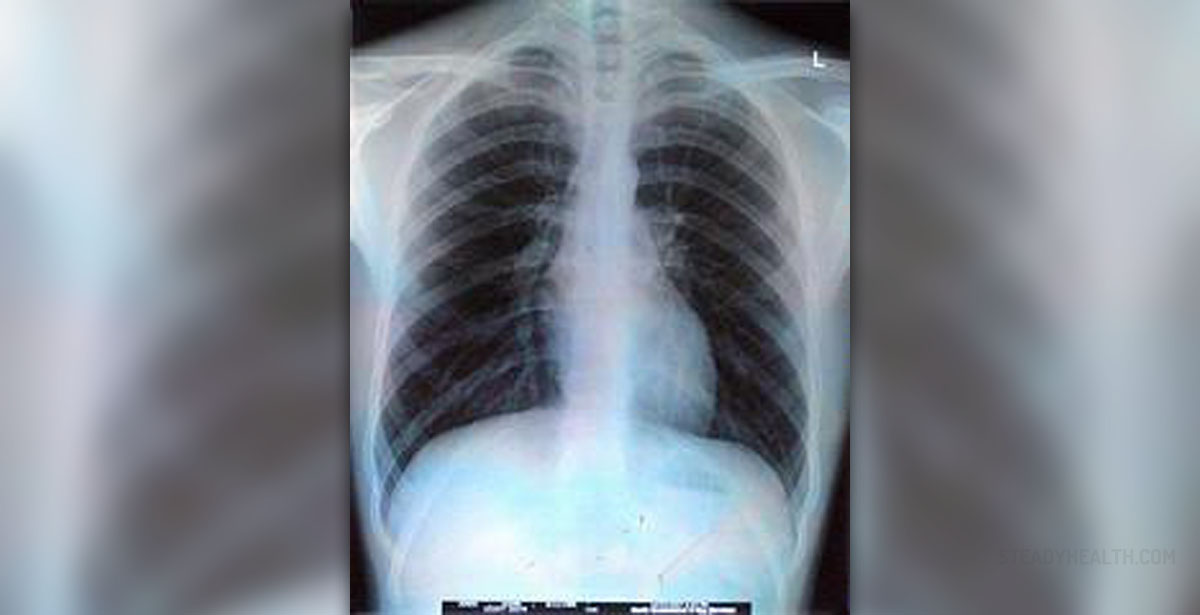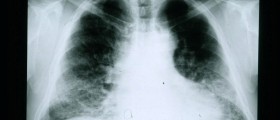
Breathlessness is a subjective feeling of being out of breath. This is a common feeling, experienced even among the healthy individuals, typically after vigorous physical exercise, running or hard labor. However, breathlessness can also be a sign of a more severe health-related condition. Medical term often used to describe breathlessness is dyspnea, also known as shortness of breath and air hunger. In most of the cases, breathlessness is a symptom of serious and even life-threatening conditions such as asthma, pneumonia, cardiac ischemia, interstitial lung disease, congestive heart failure, and chronic obstructive pulmonary disease.
What is breathlessness?
Human body needs oxygen to function properly and to maintain life of every living cell. The body gets oxygen from lungs, from where it is carried away by the bloodstream to all other parts. On the other hand, the blood carries away the waste gas, carbon dioxide that builds up in the body as it uses oxygen. When the levels of carbon dioxide (CO2) are too high, the body sends signals to brain to increase breathing and pulse rates. As a result, more blood circulates around the body, picking up carbon dioxide to be breathed out, and delivering more oxygen to the muscles. In certain medical conditions, the body is constantly deprived of oxygen and even low levels of exertion can be a major effort and trigger the symptoms of dyspnea, in an effort to exhale CO2 and inhale fresh air.
Causes of breathlessness
In otherwise healthy individuals, breathlessness is caused by obesity, overweightness or simply because of a lack of fitness. However, certain medical conditions are also associated with this symptom. For example, breathlessness is common in people with anemia, asthma or those suffering from chronic obstructive lung disease. People with chest infections or heart diseases are also often complaining of breathlessness. In the case of heart diseases, breathlessness occurs when a heart is not able to pump sufficient blood. If this is the case, the heart will fail to clear blood from lungs timely, and fluid will start to accumulate in the lungs, causing breathlessness.
Sometimes, breathlessness occurs as a result of some psychological condition, and it is common among people suffering of anxiety. It is often tightly associated with hyperventilation where too much carbon dioxide is breathed out, making the blood become alkaline and lowering the calcium levels.
Certain lifestyle factors may also be important in understanding the nature of this symptom. For example, breathlessness often occurs among cigarette smokers. This is because cigarette smoke contains carbon dioxide that affects hemoglobin in the blood by preventing it to carry oxygen to the tissues.









_f_280x120.jpg)


,-Asthma-And-Anxiety_f_280x120.jpg)




Your thoughts on this
Loading...